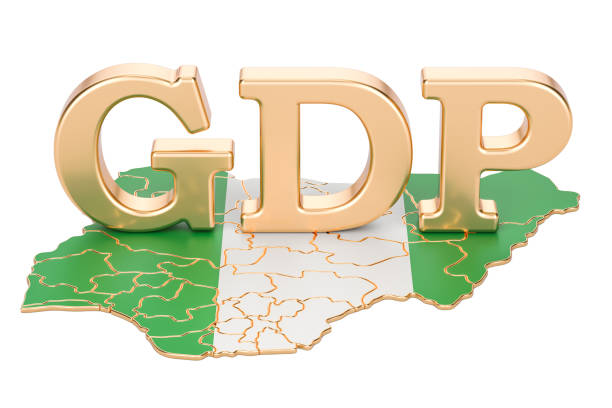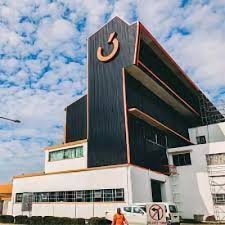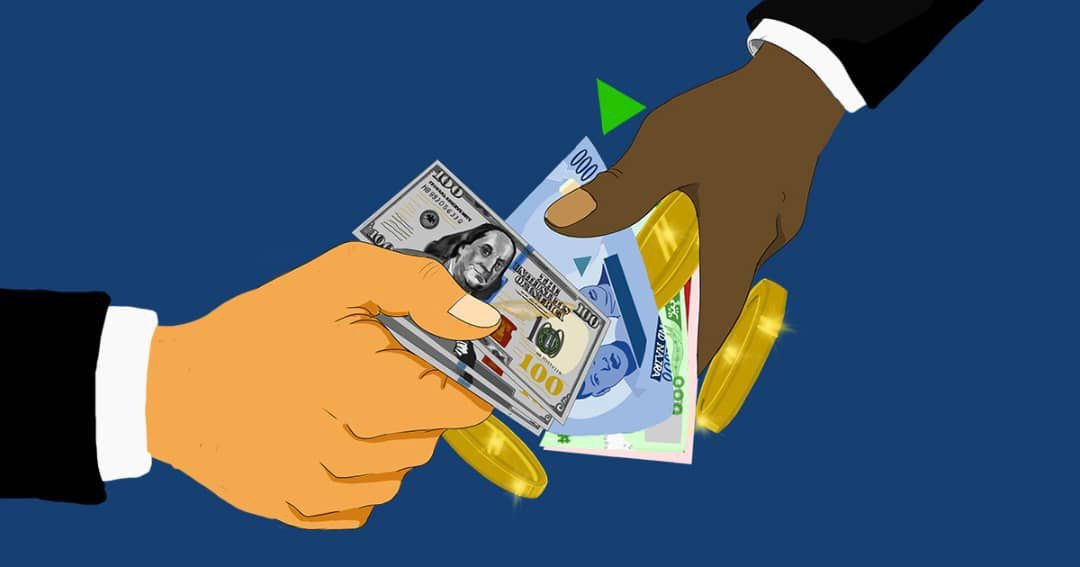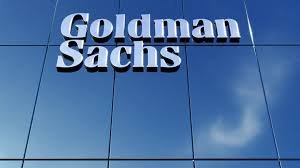Speaking on Channels Television on Tuesday, economist Mr. Kelvin Emmanuel has stated that the floating of the Naira has significantly devalued the nation’s GDP in dollar terms.
He explained that “the floating of the Naira to where it is now automatically rebased, led to a devaluation of the GDP of Nigeria. So Nigeria’s GDP went from over $500 billion to about $188 billion.”
Emmanuel tied this collapse directly to unbacked monetary expansion, citing ₦17.3 trillion printed between 2019 and 2022, the inability to continue the ±₦30 daily naira peg, and an additional ₦31 trillion injected through Ways and Means advances, leaving the currency to crash under market pressure.
Nigeria’s GDP has now gone from $188 billion to about $253 billion in 2024 after the rebasing of its GDP by the National Bureau of Statistics (NBS), replacing the 2010 base year with the new 2019 base year to better reflect structural changes and developments in the economy.
High Interest Rates and CRR Squeeze Industrial Growth
The economist also blamed sharp increases in Nigeria’s monetary policy rate (MPR) and cash reserve ratio (CRR) for stifling real sector growth.
He pointed out that between 2019 and 2025, interest rates doubled from 13.5% to 27.5%, while CRR more than doubled from 22.5% to 50%.
These policy shifts, according to Emmanuel, have drained liquidity from the banking sector and driven up borrowing costs, crippling industrial output. “Industry dropped from 21% to 16% as inflation went up and the Monetary Policy Committee adjusted the NPR from 13.5% to 27.5%, so that’s a 14% increase,” he mentioned.
He also stated “Inflation is high, and industries are suffering, so while banks are getting fair value gains from interest rate revaluation, the real sector in Nigeria is actually suffering.” attributing the decline to the high rates, excessive inflation, and a monetary squeeze that benefits banks but leaves the real sector bleeding.
CPI Rebasing: A Disputed Methodology
Emmanuel also cast doubt on the legitimacy of the National Bureau of Statistics’ (NBS) recent rebasing of the Consumer Price Index (CPI), claiming a distortion of inflation figures. “I don’t agree with the NBS numbers,” he said, rejecting the reported 22.7% inflation rate in favor of his estimate of 34%.
He criticized the reclassification of inflation components, which he says diluted the impact of food and energy. “Before, food and energy took 80% of the contribution to inflation,” he explained. “Now food is reduced to 51.8% and water, gas, fuel, and household expenses are grouped into one and account for 15.8%.”
This, he argued, masks the true cost burden faced by Nigerians and makes the inflation rate appear artificially low.
Rebasing as an Academic Exercise
Despite the NBS reporting Nigeria’s GDP at $253 billion after rebasing, Emmanuel downplayed the real-world significance. He described the exercise as largely academic, especially when viewed against worsening purchasing power and GDP per capita.
“GDP per capita today is below $900, it’s very poor,” he said, adding that GDP rebasing doesn’t reflect citizens’ real experiences. “When you look at the purchasing power of the people, we’ve not done very well… What one Naira could buy in 1975 can’t buy anything today.”
What you need to know
Nigeria’s rebased nominal GDP reached N372.82 trillion in 2024, marking a 35.4% increase over estimates derived from the old 2010 base year.
Nigeria’s headline inflation rate continued its downtrend for the third consecutive month in June 2025, moderating to 22.22% year-on-year from 22.97% in May, according to the latest data released by the National Bureau of Statistics (NBS).
The Central Bank of Nigeria (CBN) held the Monetary Policy Rate (MPR) at 27.5%, maintaining all benchmark interest rates at their current levels, in its 301ᵗʰ MPC meeting held on Tuesday, July 22, 2025.
“The decision was premised on the need to sustain disinflation,” CBN Governor Yemi Cardoso stated, reflecting the apex bank’s ongoing efforts to tame inflation.




















